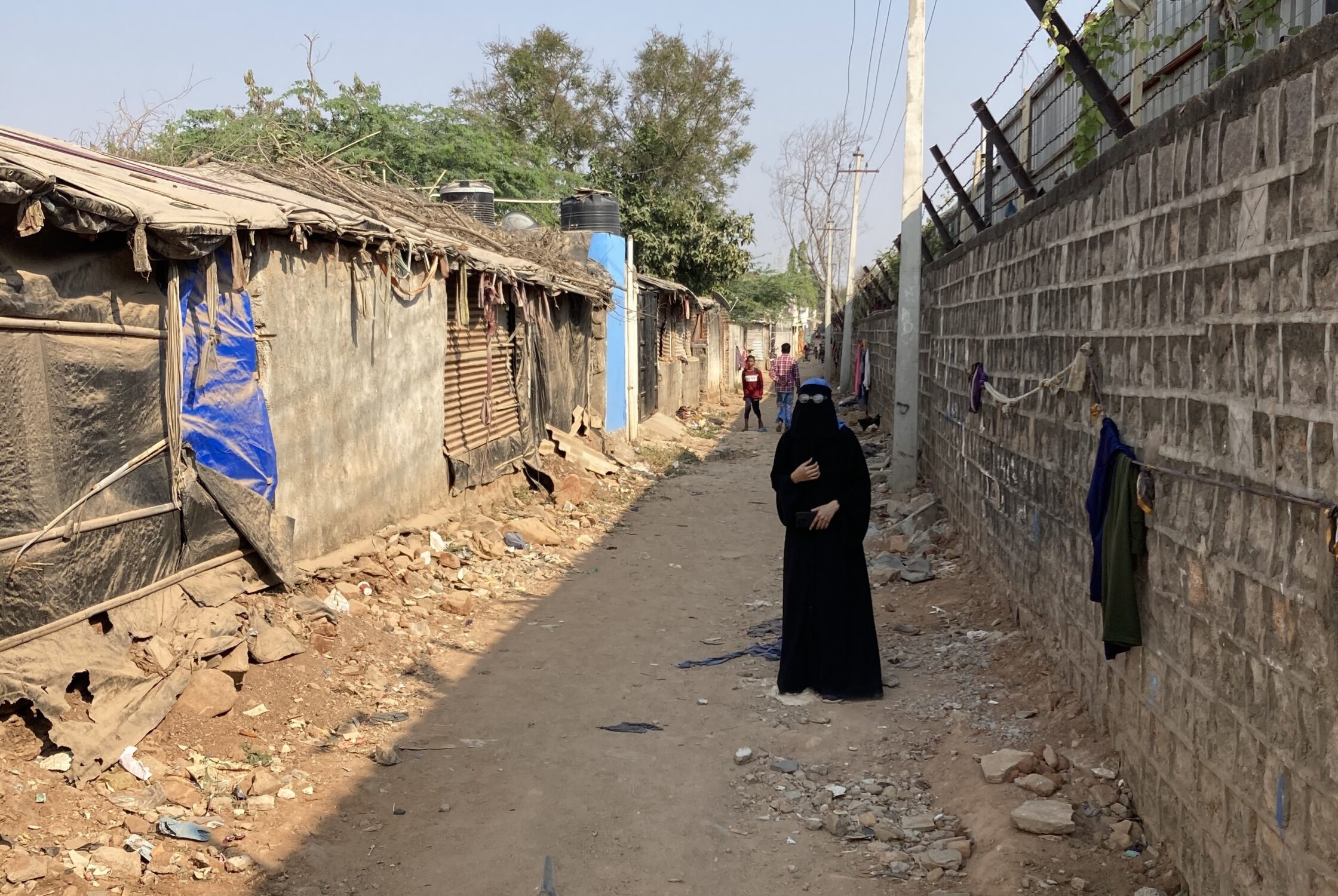Rohingya Refugees Describe Harrowing Journey: ‘India Treated Us Like Captives’

Noorul Amin’s world shattered on May 9 when he learned that his brother Kairul and four other relatives were among 40 Rohingya refugees allegedly deported by the Indian government back to Myanmar, a country they had fled due to violence and persecution. The situation in Myanmar is dire, with ongoing civil conflict following a military coup in 2021. As the families of these refugees grapple with the uncertainty of their loved ones’ fate, the international community is raising alarms about the treatment of Rohingya refugees in India and the implications of their forced return.
Details of the Deportation
On May 6, the 40 Rohingya refugees, all of whom held UNHCR refugee cards, were summoned to local police stations in Delhi under the pretense of collecting biometric data. This routine process, mandated by the Indian government, quickly turned into a nightmare. After hours of waiting, they were taken to the Inderlok Detention Centre. Noorul Amin received a call from his brother during this time, who informed him of the impending deportation and urged him to seek legal assistance. The following day, the refugees were transported to Hindon Airport and boarded planes bound for the Andaman and Nicobar Islands. Upon arrival, they were met by military personnel who bound their hands and covered their faces before transporting them to a naval vessel.
The refugees described their harrowing experience aboard the ship, where they were held for 14 hours. They reported being treated poorly, with some subjected to violence and humiliation. Noor stated that many were beaten, and others were verbally abused, with military personnel questioning their presence in India. The treatment they endured on the vessel has raised serious concerns about human rights violations.
Life in Myanmar
After being forcibly returned to Myanmar, the refugees found themselves in a precarious situation. They were taken to the Tanintharyi region, where they are currently sheltered by the Ba Htoo Army, a resistance group opposing the military junta. In a video call, Soyed Noor, one of the refugees, expressed their fear, stating, “We don’t feel secure in Myanmar. This place is a complete war zone.” The ongoing civil war in Myanmar has created a dangerous environment for the Rohingya, who had previously fled the country to escape persecution.
The United Nations has condemned the actions of the Indian government, stating that the lives of the Rohingya refugees were put at extreme risk by their forced return. Thomas Andrews, the UN’s special rapporteur on human rights in Myanmar, has gathered significant evidence regarding the deportation and presented it to Indian officials, but has yet to receive a response. The plight of these refugees highlights the ongoing humanitarian crisis faced by the Rohingya community, which has been subjected to violence and discrimination for years.
Legal and Human Rights Implications
The deportation of the Rohingya refugees has sparked legal challenges in India. On May 17, Noorul Amin and another family member filed a petition with India’s Supreme Court, demanding the immediate return of the deported individuals and compensation for their suffering. The case has drawn attention to the broader issue of how India treats Rohingya refugees, who are classified as illegal immigrants rather than recognized refugees. This classification puts them at risk of deportation and further persecution.
The Supreme Court has agreed to hear arguments regarding the status of the Rohingya on September 29. The outcome of this case could have significant implications for the treatment of thousands of Rohingya refugees currently residing in India. Advocates argue that the deportation of these individuals raises serious ethical and legal questions, particularly given the ongoing violence in Myanmar.
Community Response and Ongoing Fear
The treatment of the deported refugees has instilled fear within the Rohingya community in India. Many are now living in hiding, fearing that they too could be targeted for deportation. Noorul Amin has relocated his family to ensure their safety, expressing his anxiety about the Indian government’s actions. “In my heart, there is only this fear that the Indian government will take us also and throw us in the sea anytime,” he said.
The Rohingya community in India, which numbers in the tens of thousands, continues to face significant challenges. While India does not officially recognize them as refugees, the UN estimates that there are approximately 23,800 registered Rohingya refugees in the country, with the actual number likely exceeding 40,000. The ongoing situation has prompted calls for greater protection and support for these vulnerable individuals, who have fled violence and persecution in search of safety.
Observer Voice is the one stop site for National, International news, Sports, Editor’s Choice, Art/culture contents, Quotes and much more. We also cover historical contents. Historical contents includes World History, Indian History, and what happened today. The website also covers Entertainment across the India and World.
Follow Us on Twitter, Instagram, Facebook, & LinkedIn

